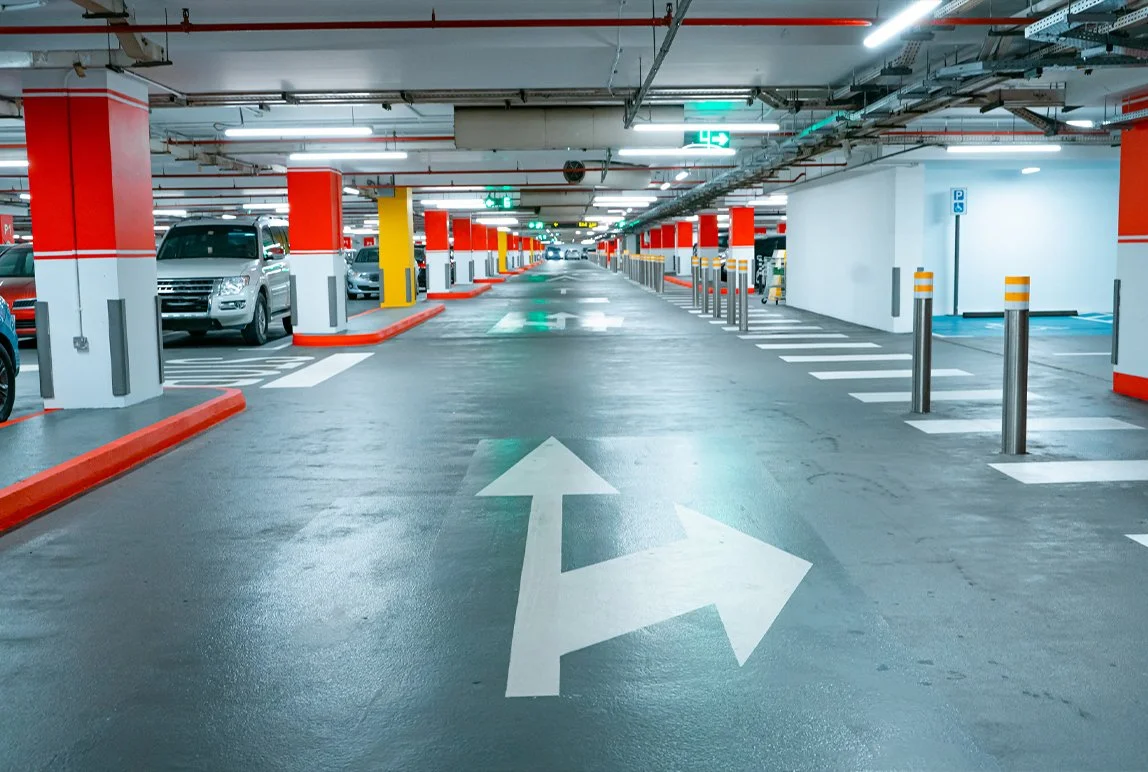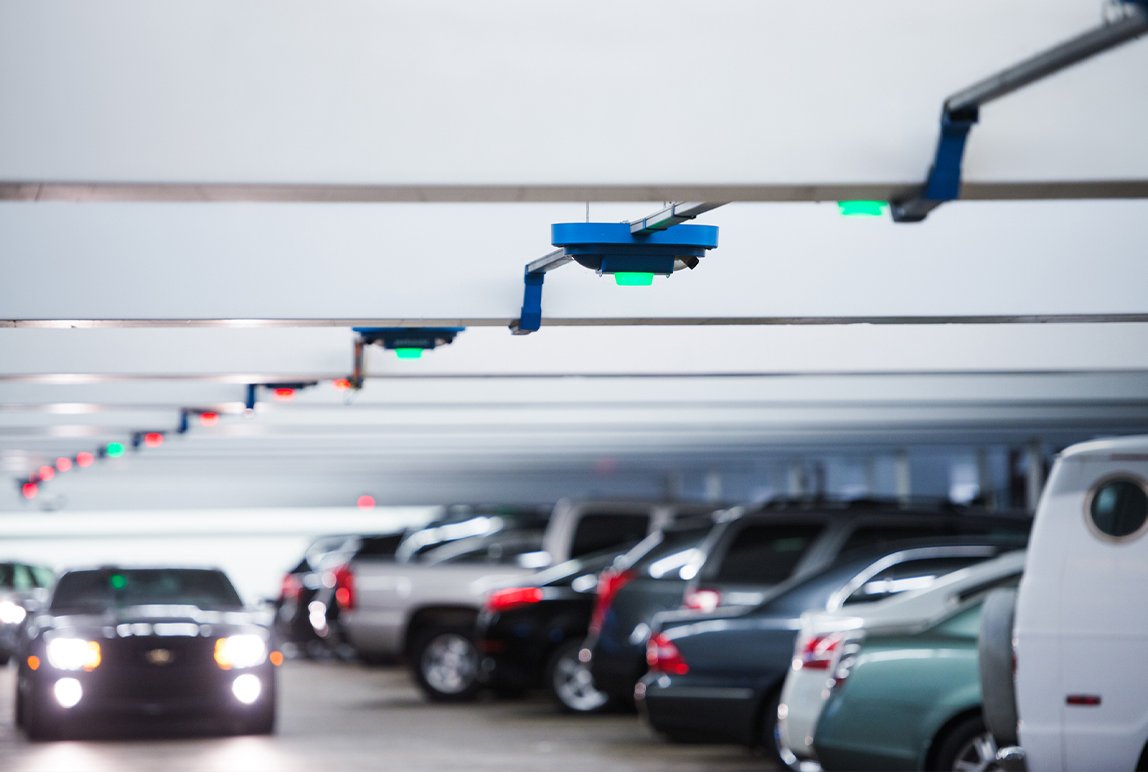The Parking & Mobility Industry’s Role in Canada's Net Zero Emissions Commitment
Posted: Jul, 4, 2023 9:00AM ET • 2 min read
The Government of Canada has taken a bold step in pursuing a sustainable and resilient future. Canada has committed to achieving net-zero emissions by 2050, recognizing the need to combat the adverse impacts of climate change. This commitment involves minimizing greenhouse gas release in the environment and implementing initiatives like tree planting and carbon capture technologies.
Canada's dedication to achieving net-zero emissions has positioned it as a global leader in the fight against climate change. Canada and over 120 countries, and other G7 nations are working towards reaching the net-zero milestone by 2050. Additionally, several provinces and cities, including Guelph, Vancouver, Hamilton, Toronto, Halifax, Newfoundland and Labrador, and most recently, Quebec, have embraced the objective of achieving net-zero emissions by 2050. Prince Edward Island has set a more ambitious target, aiming for net-zero greenhouse gas emissions by 2040. Provinces such as Nova Scotia and British Columbia have already taken concrete steps by implementing or planning to implement provincial legislation to achieve net-zero emissions by 2050.
The parking and mobility industry assumes a vital role in driving the realization of sustainable objectives. Through its commitment to sustainability, the industry offers a comprehensive range of EV charging solutions and actively participates in relevant programs established by the Government of Canada. By doing so, it makes significant contributions to emissions reduction and the creation of a greener future.
To accelerate progress toward the Net Zero Emissions target, the Government of Canada has introduced two impactful initiatives: the Electric Vehicle and Alternative Fuel Infrastructure Deployment Initiative (EVAFIDI) and the Zero-Emission Vehicle Infrastructure Program (ZEVIP). These proactive programs aim to foster the adoption of electric vehicles and sustainable transportation infrastructure, crucial in reducing emissions and transforming Canada's transportation sector.
EVAFIDI focuses on deploying electric vehicle (EV) charging infrastructure and encouraging Canadians to transition to EVs by enhancing accessibility and convenience through charging stations. EVs significantly reduce greenhouse gas emissions compared to traditional internal combustion engines. On the other hand, ZEVIP aims to establish a robust network of zero-emission vehicle infrastructure. This program supports the creation of charging stations, hydrogen refuelling stations, and other essential infrastructure to facilitate the growth of zero-emission vehicles, including battery and fuel cell vehicles. ZEVIP empowers Canadians to embrace zero-emission transportation options, contributing to the overall reduction in greenhouse gas emissions. It's worth noting that a new request for proposal in 2023 will soon be opened for delivery organizations and indigenous organizations.
Canada's commitment to achieving net-zero emissions by 2050 demonstrates its leadership and determination to address climate change. By working together, the government, provinces, and cities are taking essential steps toward a cleaner and more sustainable future. Canada's ambitious efforts inspire hope and show the world that we can positively impact the fight against climate change. In line with this national objective, the parking and mobility industry also showcases its unwavering commitment to sustainability. Together, we are creating a brighter future for generations to come.
References
Electric vehicle and Alternative Fuel Infrastructure Deployment Initiative. Natural Resources Canada. (2023a, March 1). https://natural-resources.canada.ca/energy-efficiency/transportation-alternative-fuels/electric-and-alternative-fuel-infrastructure/electric-vehicle-alternative-fuels-infrastructure-deployment-initiative/18352
Net-Zero Emissions by 2050. Government of Canada. (2023, January 27). https://www.canada.ca/en/services/environment/weather/climatechange/climate-plan/net-zero-emissions-2050.html
The world is aiming for net-zero emissions by 2050. here’s what that means. CBCnews. (2021, October 20). https://www.cbc.ca/news/science/net-zero-faq-1.6214844
Zero emission vehicle infrastructure program. Natural Resources Canada. (2023, May 9). https://natural-resources.canada.ca/energy-efficiency/transportation-alternative-fuels/zero-emission-vehicle-infrastructure-program/21876
ZEVIP incentives for 2023. ChargeLab. (n.d.). https://www.chargelab.co/rebates/zevip
Share Article:
Featured Articles
ABOUT THE AUTHOR
Cynthia Bruce
Associate Director, Proposal Development
Cynthia began her career in the parking industry when she joined Precise ParkLink in 2015. With a leadership role in Precise ParkLink’s proposal development department, Cynthia is responsible for discerning our clients’ needs and developing compelling win themes that align our product and service offerings with those needs. Leveraging her education in business management at Humber College, she has continued to stay ahead of every opportunity in her career. In so doing, she works collaboratively with subject matter experts from among our R&D engineers, ensures the messaging within our marketing department’s collateral is consistent with our proposals, and mentors a small team of writers to develop their unique talents to the department’s advantage.
Questions?
Fill out the form below and we will do our best to connect you with a suitable contact.













